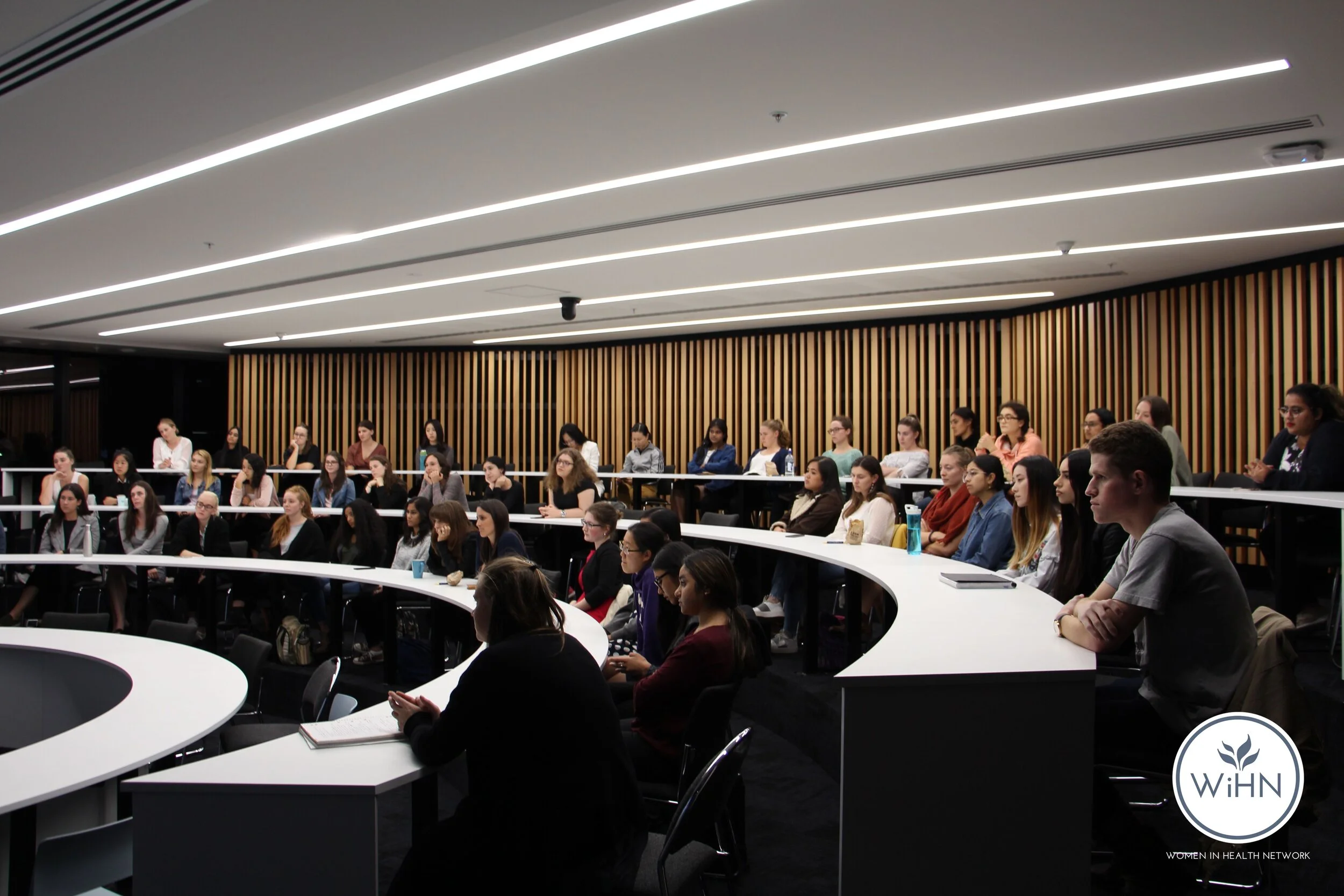Nau mai haere mai ki te Women in Health Network
WiHN is a national student-led organisation with branches located at the University of Auckland and the University of Otago.
WiHN aims to create a supportive community of future wāhine and non-binary health professionals and tackle gender inequities across the health sector through our mentoring and events programmes.
WiHN was founded by a team of future wāhine health professionals who studied across health and science disciplines at the University of Auckland. Launched in October 2017 and expansion to the University of Otago in 2022. Our non-profit organisation has been brought together by common passion to support all wāhine non binary people in the health sector to achieve their individual versions of personal and professional fulfillment.
Mentor | Network | Lead
Despite the health-sector being a women-dominated field, gender disparities in the form of pay gaps, uneven opportunities for advancement, and unbalanced representation in leadership and decision-making persist. According to the 2013 census, women comprised 81% of people with health qualifications, but had a median income that was $60,200 less than that of male professionals in the health sector (excluding nursing). WiHN believes that by creating networks of support for emerging women in health, inequities can better be addressed.
Our Aims
Foster a network of wāhine and non-binary people working across the health sector; and
Nurture the next generation of wāhine and non-binary health professionals through the provision of personal and professional development opportunities.
Our Philosophy
Underpinning these aims is the strive to reduce inequities. WiHN recognises that wāhine face greater barriers to having a fulfilling experience working within the health sector. When gender intersects with other social categorisations, such as socioeconomic status, overlapping systems of disadvantage can work against wāhine in achieving their personal and professional aspirations.
We believe our video series MDT Motivation exemplifies some of the values we have here at WiHN, by tackling hot issues in health all of us as future health professionals will encounter and grapple with.
2025 Leadership Team
Director of the Auckland Branch
Yuvani Gampalage
MBChB / BSc (Biomedical Science)
directorauckland@wihn.org.nz
National Director
Shavonne Ramiah
BPharm
info@wihn.org.nz
Director of the Otago Branch
Verona Conole
BBiomedSci Hons
directorotago@wihn.org.nz
Gender inequity: is that really still a thing?
“Despite specialist salaries being specified by the MECA negotiated by the Association of Salaried Medical Specialists, we find male specialists earn a large and statistically significant premium over their female colleagues. When we compare male and female specialists of the same age, in the same specialty, who work the same number of hours each week, we find female specialists earn on average 12.5 percent lower hourly wages than their male counterparts in their DHB employment, with a 95 percent confidence interval of 9.9 to 15.1 percent.”
Sin, I., & Bruce-Brand, B. (2019). Is the pay of medical specialists in New Zealand gender biased? Motu Working Paper (No. 19_21).







